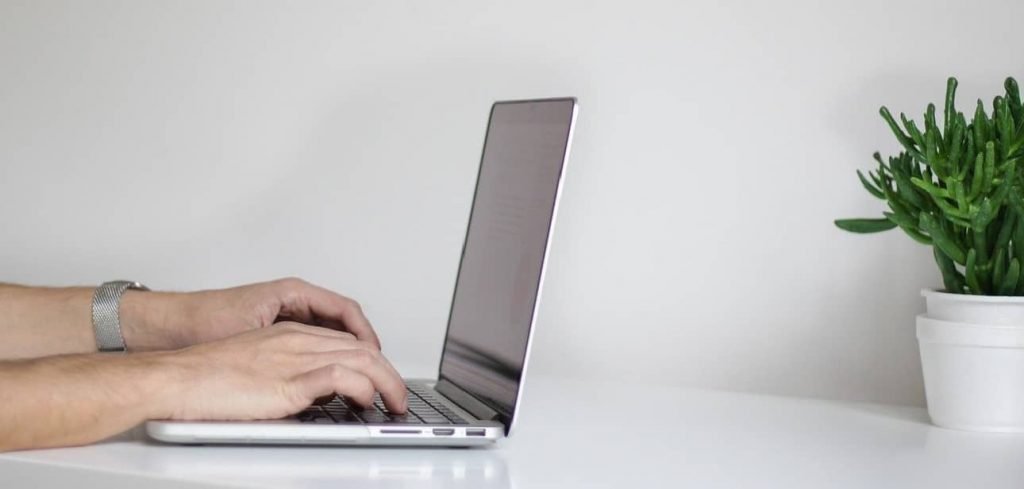In a professional setting, there are often situations where you need to request specific documents from your colleagues, superiors, or other departments within your office.
Writing a well-crafted request letter can help you convey your requirements clearly and professionally, increasing the likelihood of a prompt response. This article will guide you through the essential steps and provide a sample template for a request letter for documents in an office.
1. Format and Structure
- Sender’s Information: Begin by placing your contact information at the top of the letter, including your full name, job title, department, and office address. This information ensures that the recipient can easily identify you and respond appropriately.
- Date: Add the current date below your contact information. This helps in documenting the timeline of your request and serves as a reference point.
- Recipient’s Information: Include the recipient’s name, job title, department, and office address. If you are unsure about the specific person, address the letter to the department or relevant office.
- Salutation: Use a formal salutation such as “Dear Mr./Ms./Dr. [Last Name]” to address the recipient respectfully.
2. Opening Paragraph
Begin the letter with a concise and polite introduction. State the purpose of your letter and briefly explain why you require the documents. This paragraph should grab the reader’s attention and make it clear that you are requesting specific documents.
3. Body of the Letter
- Provide Context: In the next few paragraphs, provide necessary background information related to your request. Explain the significance of the documents and how they are relevant to your work or a specific project. Include any deadlines or urgency associated with the request.
- Be Specific: Clearly state the documents you are requesting, mentioning their titles, reference numbers (if applicable), and any additional details that may assist the recipient in locating the correct files. If possible, provide specific dates or periods for which you require the documents.
- Justification: Explain why the requested documents are essential for your work or the project at hand. Highlight how obtaining these documents will contribute to the efficiency, accuracy, or completion of your tasks.
- Courtesy and Professional Tone: Maintain a courteous and professional tone throughout the letter. Avoid using demanding or confrontational language, as it may hinder a positive response. Instead, express gratitude in advance for their attention to your request.
4. Closing Paragraph
In the final paragraph, politely request the recipient’s cooperation in providing the requested documents. Express appreciation for their time and consideration. Provide your contact information again and offer assistance if necessary.
5. Closing
End the letter with a formal closing, such as “Sincerely” or “Respectfully,” followed by your full name and job title. Leave space for your signature if you are printing the letter.
6. Proofread and Edit
Before sending the letter, thoroughly proofread it for any grammatical errors, typos, or inconsistencies. Ensure that the tone remains professional and respectful. Consider seeking a second opinion or have a colleague review the letter for feedback.
Template: Request Letter for Documents in Office
[Your Name]
[Your Job Title]
[Your Department]
[Office Address]
[City, State, ZIP Code]
[Email Address]
[Phone Number]
[Date]
[Recipient’s Name]
[Recipient’s Job Title]
[Recipient’s Department]
[Office Address]
[City, State, ZIP Code]
Dear Mr./Ms./Dr. [Recipient’s Last Name],
I hope this letter finds you well. I am writing to request specific documents that are necessary for [explain the purpose or project requiring the documents]. I am confident that acquiring these documents will significantly contribute to the successful completion of my tasks.
To provide some context, [briefly explain the background or importance of the project or task]. In order to proceed with the next phase of the project, I require the following documents:
[Document Name 1]: [Provide a brief description or any specific details about the document that may be helpful for identification].
[Document Name 2]: [Include any relevant information or specific sections/pages of the document that are required].
[Document Name 3]: [Specify any additional details or sections of the document that are necessary].
I kindly request your assistance in promptly providing these documents. It would be greatly appreciated if they could be made available to me by [mention a preferred deadline or timeframe]. This will enable me to [explain how the documents will contribute to your work or project].
I understand that retrieving these documents may require some effort, and I genuinely appreciate your support in this matter. If there are any costs associated with the retrieval or copying of the requested documents, please let me know so that I can arrange for reimbursement accordingly.
If you require any further information or clarification regarding my request, please do not hesitate to contact me at [provide your contact information]. I am more than willing to provide any additional details or discuss the matter further if needed.
Thank you very much for your attention to this request. Your cooperation is invaluable, and I genuinely appreciate your prompt assistance. I look forward to receiving the requested documents and continuing the progress of [project or task].
Sincerely,
[Your Full Name]
[Your Job Title]
[Contact Information: Email and Phone Number]
Frequently Asked Questions (FAQs)
Q: What is a request letter for documents in the office?
Answer: A request letter for documents in the office is a formal written communication that individuals or employees use to request specific documents from their colleagues, superiors, or other departments within the office. It serves as a professional way to clearly state the need for certain documents and provides relevant details to facilitate their retrieval.
Q: What should I include in a request letter for documents in the office?
Answer: In a request letter for documents in the office, include the following elements:
- Your contact information and date
- Recipient’s information
- Polite and concise introduction
- Background information or context for the request
- Specific details about the documents being requested (titles, reference numbers, relevant sections, etc.)
- Justification for why the documents are necessary
- Maintaining a courteous and professional tone throughout the letter
- Polite request for cooperation and appreciation for their attention
- Your contact information for further communication or clarification
Q: How do I format a request letter for documents in the office?
Answer: Format your request letter for documents in the office as follows:
- Use a professional and formal tone.
- Choose a readable font and maintain a standard font size.
- Align the content to the left and use clear, concise paragraphs.
- Include appropriate line spacing and use professional language throughout.
- Address the letter to the relevant person or department.
- Use a clear subject line that indicates the purpose of the letter.
Q: How should I justify the need for the requested documents in my letter?
Answer: When justifying the need for the requested documents, explain how obtaining them will contribute to your work, project, or task. Highlight their relevance, potential impact on efficiency or accuracy, and any deadlines or time-sensitive aspects associated with the request. Emphasize the benefits or outcomes that can be achieved by having access to the requested documents.
Q: Is it necessary to mention a deadline in the request letter?
Answer: If there is a specific deadline by which you need the requested documents, it is advisable to mention it in the request letter. Including a deadline helps the recipient understand the urgency of your request and prioritize accordingly. However, if there is no specific deadline, you can omit this detail but express your hope for a prompt response.
Q: Should I offer to pay for any costs associated with retrieving the documents?
Answer: If there are potential costs associated with retrieving or copying the requested documents, it is considerate to mention your willingness to cover those expenses. Indicate in your letter that you are open to reimbursement for any applicable costs and request that the recipient inform you of such expenses in advance.
Q: How should I end a request letter for documents in the office?
Answer: End your request letter with a formal closing, such as “Sincerely” or “Respectfully,” followed by your full name and job title. Leave space for your signature if you are printing the letter. Ensure your contact information (email address, phone number) is included once again, so the recipient can easily reach you if needed.
Looking For Document Management System?
Call Pursho @ 0731-6725516
Check PURSHO WRYTES Automatic Content Generator
https://wrytes.purshology.com/home
Telegram Group One Must Follow :
For Startups: https://t.me/daily_business_reads




